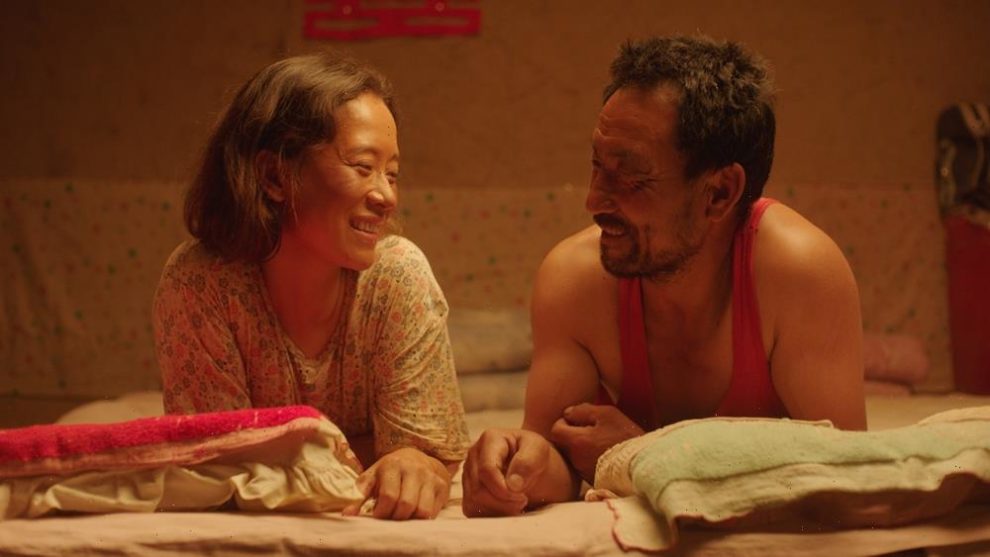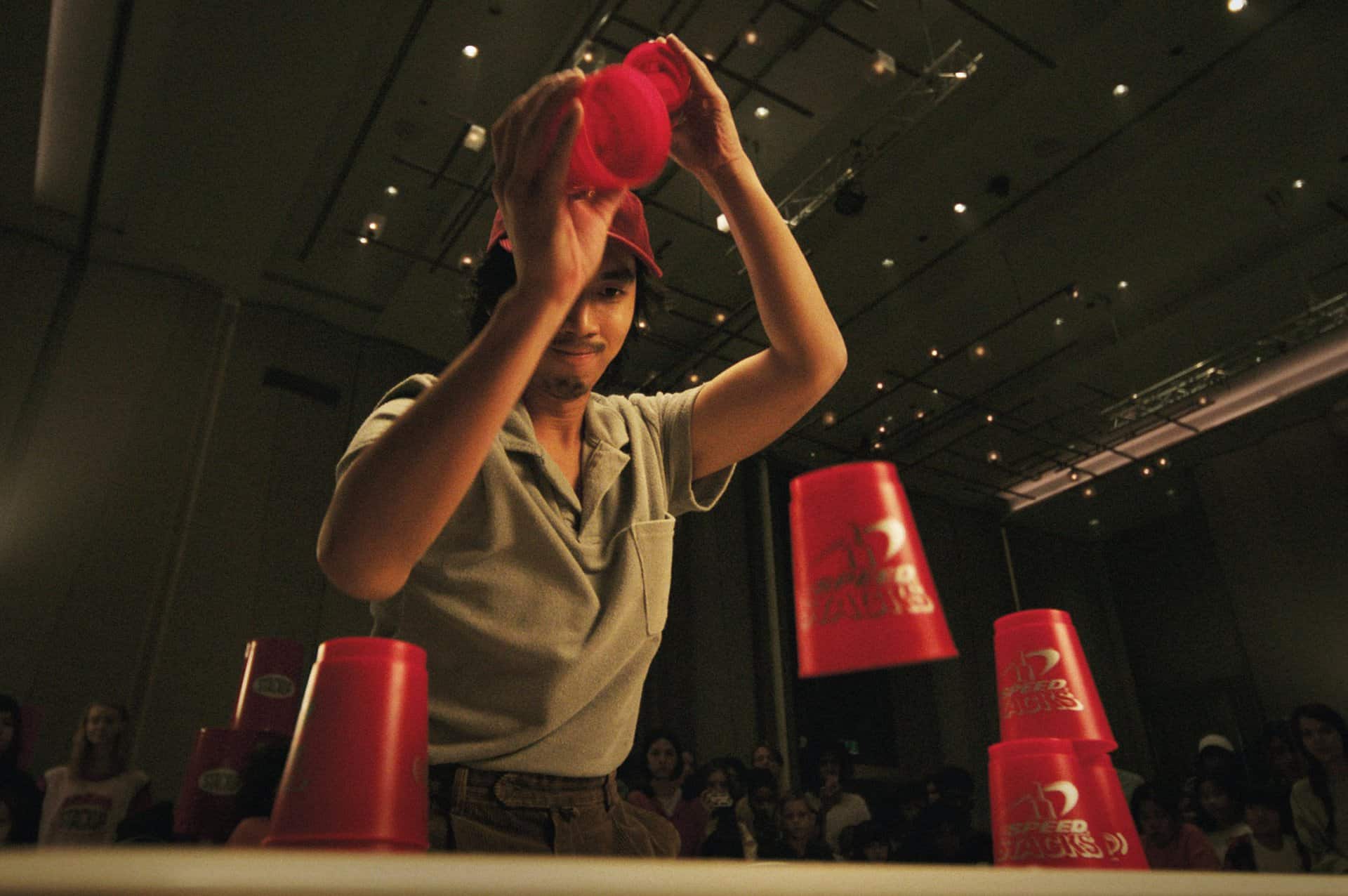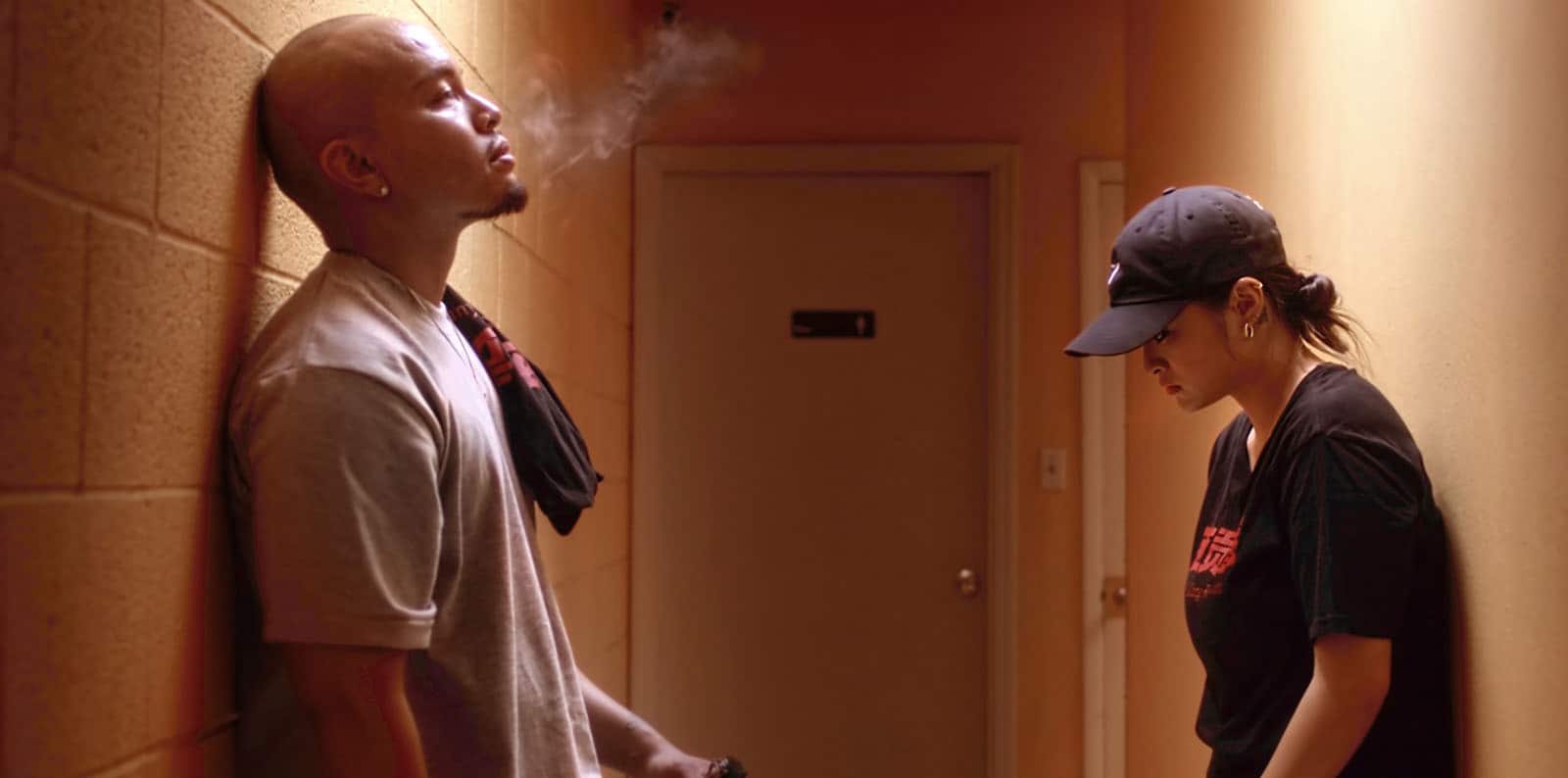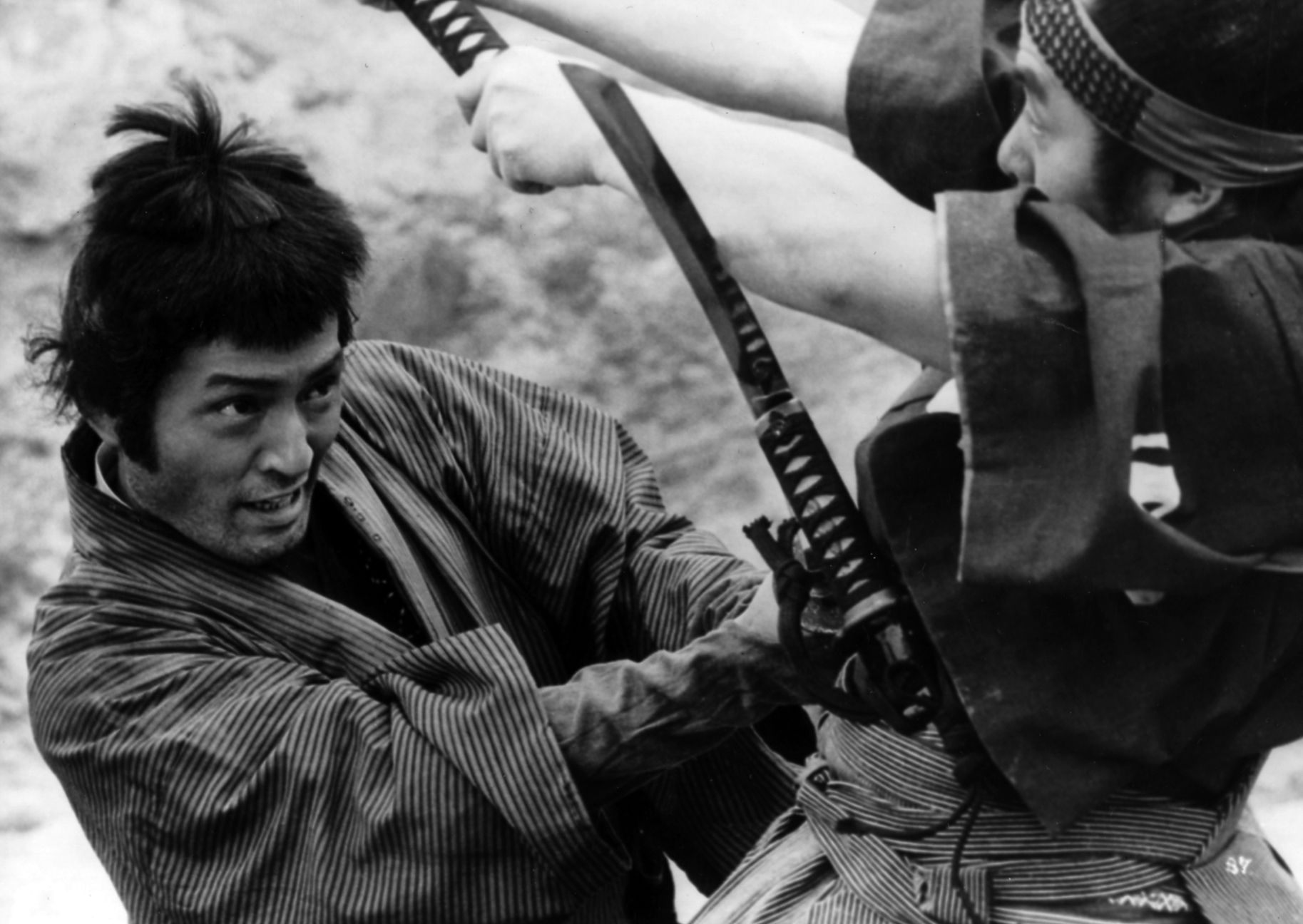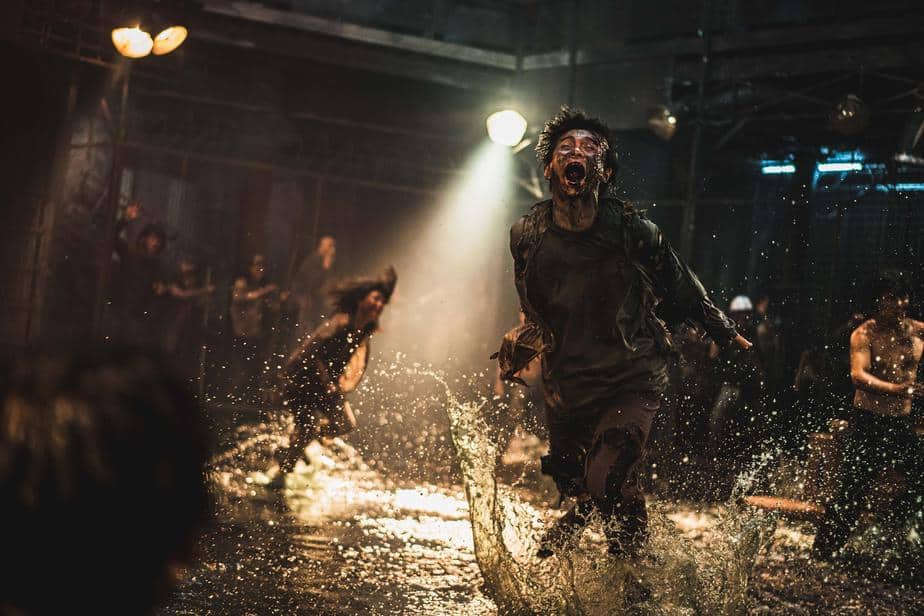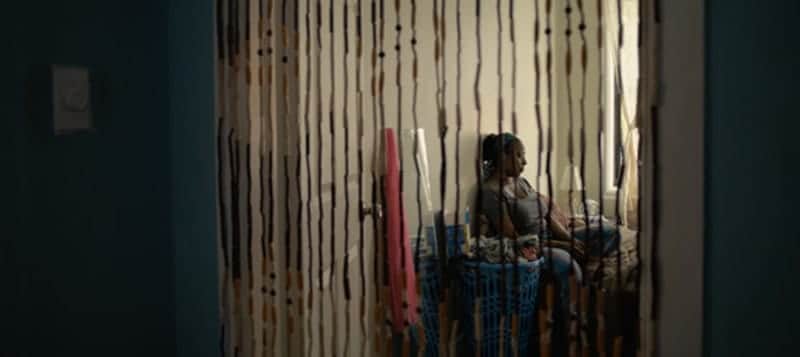‘Old ways' meet modernity in its purest brutality in Li Ruijun's drama “Return To Dust”, a shocking proof of life's injustices that have the tendency of pouring on some people's heads bucketwise. When they do not exactly pour over the head of Ma (Renlin Wu), the least loved of many brothers, than the heavy rains do. But as the good man is very much used to it, he takes whatever comes with the calmness of someone who doesn't wish much of life, and has even less to lose.
“Return to Dust” is screening at Udine Far East Film Festival

Li takes us to the vast landscapes of Gaotai and its surroundings on a journey through all four seasons and different stages of radical changes Ma is met with during that time. It is not only his life that gets impacted by the sudden appearance of land developers. The whole community will have to face new, out-of-the-blue regulations regarding the housing policy and consequently, a possible loss of land. Some will be quick to embrace the opportunity to move to the city, and others will have to weigh their options. Ma will personally go through one ready-to-tear-down house to the other, taking it as something he can't change and therefore won't lose a word about, but he will eventually build his own thing, patiently forming one brick after the other from the mud.
Before anything of it becomes really relevant, there is only Ma and his sudden, arranged marriage to another outcast – Guiying (Hai Qing), just like him, another middle-aged burden to a broader family of ‘well-wishers'. Once they are off their relatives' becks, no one rally cares what will come out of that bond, nor do they ever get visitors to enquire about their health. This alone should be enough to make the story wave its fine fabric around the simple premise of two loners finding their luck, but there is something missing. This is maybe due to a long intro and an insuficient portion of luck dominating the screen to establish the bond between the main protagonists and the audience. At the same time, it is a relationship rarely seen on big screen – simple, pure-hearted and stripped of drama. Instead of plenty dialogues, we are offered small stolen moments of almost completely silent, non-sexual intimacy.
An awkwardly tied liaison between Ma and Guiying obviously does become something more, deeper and sincerer than anyone in their community has, but apart from not playing on that ticket with enough intensity (elaborating more on it would include spoilers) “Return to Dust” is rather speaking about the short time we are given on this earth and the rapid, merciless change in life tempo we've been experiencing the last two decades. The industrial mill is crushing villages and rural communities, transforming them into same-looking stinky parts of a larger capitalist machinery. The land is supposed to be ‘looking after itself' once in the hands of big agricultural conglomorates, and hands that used to work it before will be busy with something else, in another belly of the industrial beast. As a native of Gaotai and farmer himself, Li projects his romanticised image of the area on the screen, choosing the ‘old ways' over modernity, and there is nothing wrong in it. But he likes it old, old, with plow pulled by a donkey and all work done manually, like there is no mid way for both keeping the love for the land and saving the back from bursting in half.
There is a third siginificant character in the movie, a distant cousin of Bresson's Balthazar, and a genuine star of the screen. The nameless donkey will follow wherever the spouses move and it will serve as a silent connection between them and the land.
Regarding the cast for the roles of Ma and Guiying, it is fascinating to see Renlin Wu – a local inhabitant of Gaotai and pesant himself being able to play tête-à-tete with a big star like Hai Qing and giving the impression like he's never done anything else in his life. Although he acted in two of Li Ruijun's previous films, those roles were much less demanding.
Regarding cinematography, Wang Weihua really sticks to the film's title and we can almost taste the dust particles in our mouths. But he also knows how to liven up the screen by embracing the endless corn fields in their lavish beauty with his lense.
“Return to Dust” was in the main competition of Berlinale which will probably secure its chances of travelling to further festivals.


